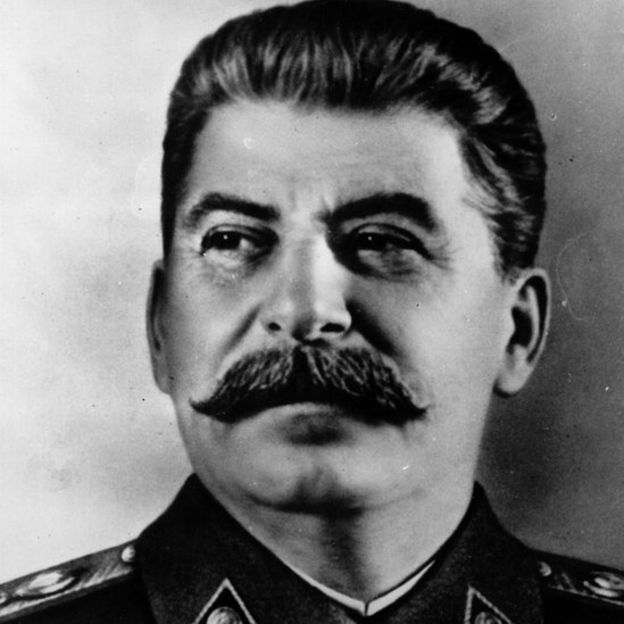

As aggression began to build up in Europe during the late 1930s, both of these men were eyeing each other, wary of the power that the other possessed and concerned at the possibility of making a serious enemy of a fellow European power.
In truth, these two men already held some contempt for each other, so the world was shocked when it was revealed that Stalin and Hitler, desperate for help in his struggle for Poland, struck up a pact on August 23, 1939. They each promised they would neither interfere nor support an enemy of the other should war break out for either or both of them. They also agreed on how they would split up the remaining small countries of Europe between them. Neither man wanted a fight with the great army that the other controlled, so they decided that a mutual agreement was a much better way to go about things.
Both men were ecstatic at the news that the pact had succeeded. With these two superpowers combined, they both believed that the downfall of the German and Russian empires would be impossible.
However, the pact was concerning to the world and did not receive much international support, including a warning from FDR to Stalin that he believed Hitler would betray his promises to Russia.
In the end, it turned out that FDR was right. Hitler's thirst for expansion and power was greater than his loyalty to Stalin or his concern with the Russian army. Within 2 years of the pact's signing, Hitler was betraying his promise to Russia by mobilizing Operation Barbarossa, the German invasion of the USSR. And just like that, these two major powers were enemies once more.
During the time of the pact, America's ideological enemies in communism and fascism had been unified under one alliance; the US and the Allies had a clear enemy. However, once Hitler betrayed the pact, America and the Allies had a choice to make, as they knew they would have to join one superpower if they wanted to win the war. The question on everyone's mind: was Hitler or Stalin, fascism or communism, the lesser of two evils?
http://www.history.com/news/the-secret-hitler-stalin-pact-75-years-ago
https://www.pri.org/stories/2014-08-21/pact-between-hitler-and-stalin-paved-way-world-war-ii-was-signed-75-years-ago
http://www.bbc.co.uk/history/worldwars/wwtwo/leningrad_betrayal_01.shtml
http://www.history.com/topics/world-war-ii/operation-barbarossa
Good job on your post Kenneth. It was interesting to read about the complex relationship between the two infamous leaders and the compromise they made. Considering they were both superpowers at the time, do you think the outcome of WWII may have been different if Hitler had managed to stay loyal to Stalin and the USSR? The German army was already a dominant force in Europe on its own, and the help of the USSR could have potentially lead to their victory.
ReplyDeleteFascinating post, Kenneth! As Mr. Stewart explained in class, although facism and communism were competing ideologies, their pact was mutually beneficial to one another. There is a graffiti painting on the Berlin wall by Dmitri Vrubel, who created it in 1990. The work depicts Leonid Brezhnev, a Soviet politician, and Erich Honecker, who led the German Democratic Republic, in a fraternal embrace. This was a reproduction of a photograph taken during the 30th anniversary celebration of the foundation of the German Democratic Republic. This was an example of the relations that took place between Germany and Russia past Hitler and Stalin's era - one that is full of "attraction and repulsion, fear and embrace, conflict and harmony." Below is in article that goes more into depth about the relationship between the two nations as a whole, into today:
ReplyDeletehttps://global.handelsblatt.com/politics/why-germans-are-so-ambivalent-about-russia-798715
Great job on this post! It's interesting to learn about the interactions between two of the most infamous historical figures. I wonder if Hitler had initially planned to break his pact with Stalin. Did he ever intend to keep his promise? Or did he lie to Stalin just to increase his power? Either way, Hitler's decision to break the pact by invading the Soviet Union certainly had a major impact on the rest of the war.
ReplyDelete